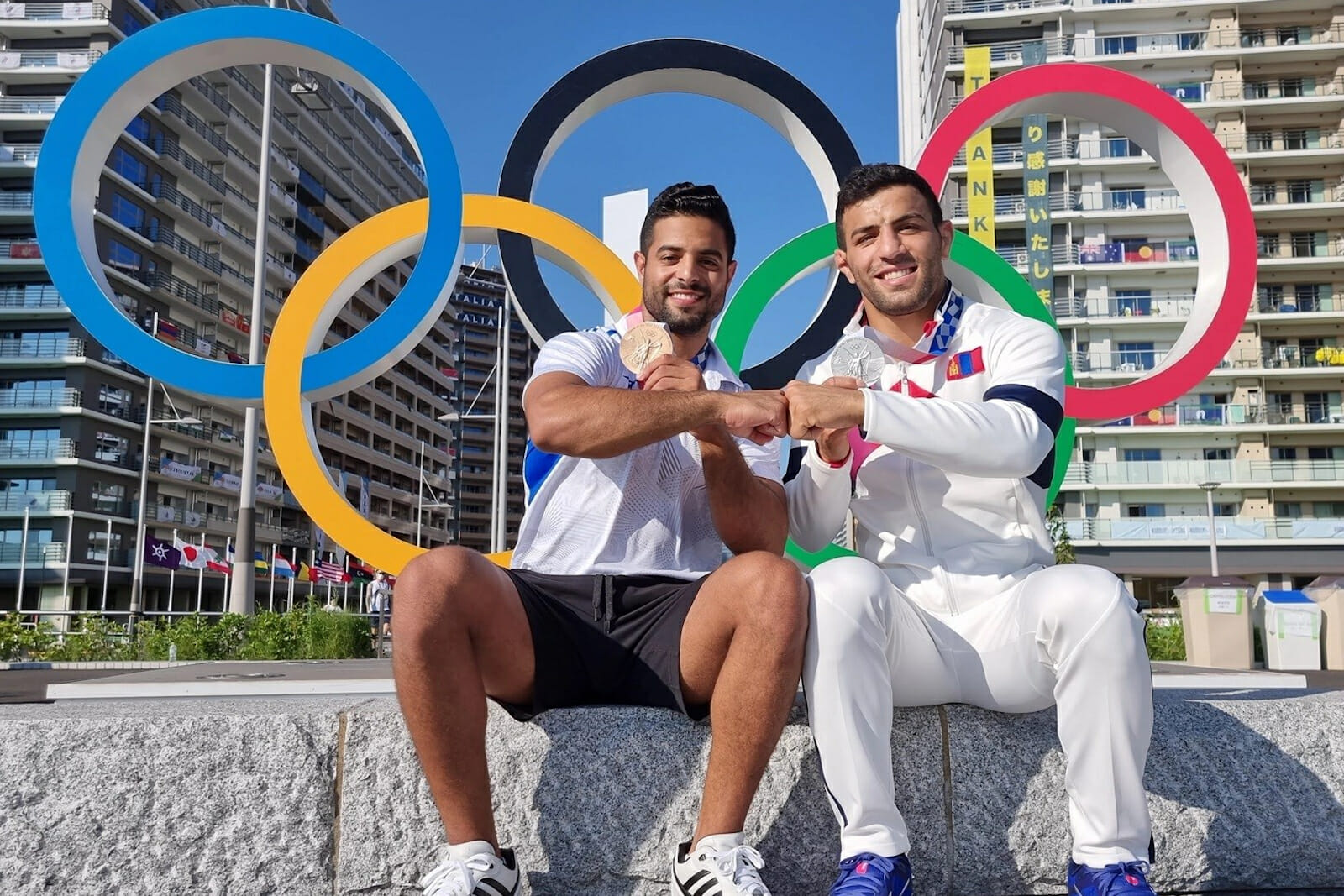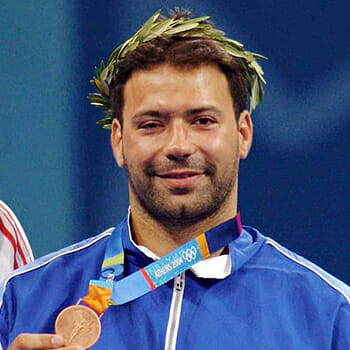
Culture
How Judo Can Provide a Model in the Fight Against Hatred
I fell in love with judo as a young boy, training with my older brother. As a child, I was instantly drawn to the sport, the discipline, and the competition, but as I grew up, I realized it was more than that. Judo’s ethical code is built upon the concept of Jita-Kyoei, meaning mutual prosperity and harmony for yourself and others. When two competitors meet, it is within the framework of respect that trust and an understanding of shared humanity is developed. That is part of what makes judo unique.
It is precisely for this reason that it broke my heart to hear about blatant anti-Semitism – and breaking of the Jita-Kyoei ethos – that has taken place at the Tokyo Olympics in my own sport. Within the first three days of the games, two judokas – Mohamed Abdalrasool of Sudan and Fethi Nourine of Algeria – chose to pull out of the competition in order to avoid facing an Israeli opponent. It is unconscionable that in 2021, such blatant discrimination could occur at the highest levels of sport, in such contrast with judo’s guiding philosophy.
What makes this boycott even more disappointing is that it wastes a very real opportunity to showcase genuine cooperation between Jews and Arabs. Such cooperation and coexistence occurs, for example, at the Maccabiah Games – the third largest sporting event in the world – where both Jewish and Arab athletes from around the world compete alongside one another.
When athletes from different backgrounds come together in a spirit of mutual respect to compete, it not only builds bridges between peoples and societies, but it also sets a new, more optimistic tone for political leaders, civil society, and the general public alike. And this is the momentum from which lasting peace can arise.
At their best, the Olympics represent a true opportunity to make the world a more cooperative place through sports. Honest competition can truly bring communities together. But this can only take place if all forms of discrimination are rooted out. When the only competitors being boycotted are from the Jewish State, the global sporting community must recognize that anti-Semitism is at hand.
I applaud the International Judo Federation (IJF) for swiftly condemning the athletes’ actions, calling them out for being in total opposition to the philosophy of the sport, and suspending them from competition. Such a zero-tolerance approach sends a clear message to society about how anti-Semitism and discrimination should be dealt with.
The message is particularly poignant as we approach the fiftieth anniversary of the 1972 Munich massacre, the most gut-wrenching display of hatred in sports history, when 11 members of the Israeli Olympic delegation, athletes and coaches, were murdered in cold blood simply because of who they were.
Five decades later, the sports community must still wage this same war against anti-Semitic hatred and all other forms of discrimination.
It is for this reason that I am proud to be an advocate for the International March of the Living, which brings together Jews and non-Jews alike to study the history and memory of the Holocaust and examine the roots of prejudice, intolerance and hatred. One of March of the Living’s key goals is to use this process of education to never again allow discrimination against any group to gain strength.
But despite the challenges ahead I still believe that at its core, judo is a force for bringing people of all backgrounds together. Over the past two years, the world has come to learn the story of Sagi Muki and Saeid Mollaei, a pair of Israeli and Iranian judo world champions.
In 2019, Iran ordered Mollaei to forfeit the semifinal at the 2019 Tokyo World Judo Championship so as not to compete against Muki in the finals. Mollaei defied the orders from Iran and went into asylum in Germany. Today, he competes for Mongolia. Since then, the two have formed a deep friendship that transcends politics, and when Mollaei won a silver medal in these Olympics, he dedicated it to Israel. In return, despite his own sporting disappointment, Muki warmly congratulated his friend.
It is these two men and not those who boycott others, who embody the Olympic spirit, the Jita-Kyoei ethos, and everything March of the Living believes in.
Sagi Muki and Saeid Mollaei are proof that the best judokas aren’t just those who can show off examples of their power. But rather, those who lead by the power of their example. As athletes, each time we compete serves as an opportunity to be role models to not only the sports community but to our broader societies. The best of us are able to use our platforms to stand up against hatred wherever it appears and speak with moral clarity. Athletes have an opportunity and an obligation to lead the fight against hatred of all forms.
